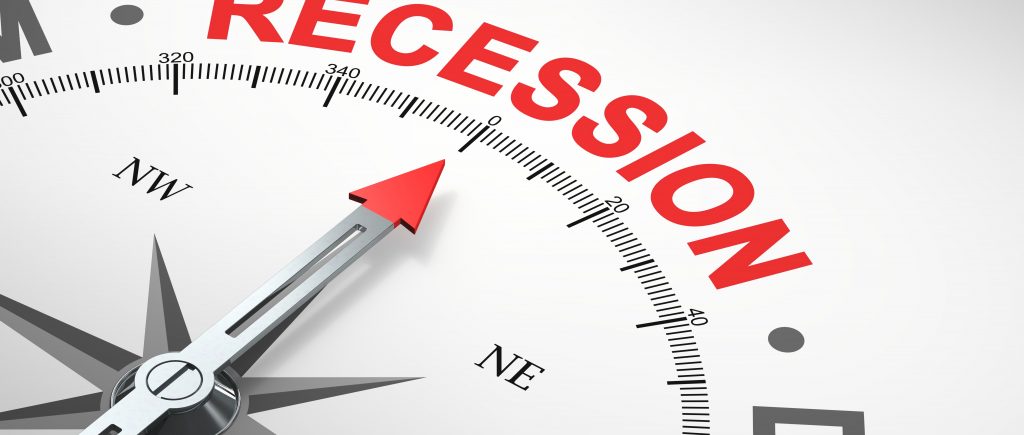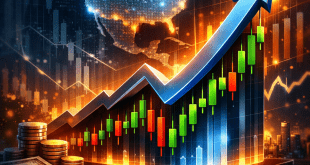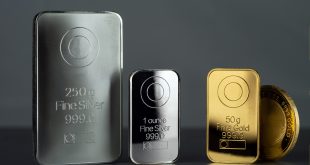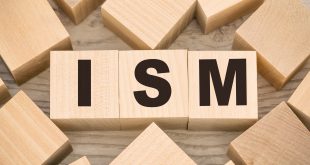This question normally weighs on consumers, politicians and investors around the world every time the US central bank decides interest rate hikes.
Is the US economy in a recession? The reasonable answer, so far, is: “maybe”, in other words; it is “A Mix of Yes and No”. For many people, the unofficial, but trusted, rule is that a recession starts after two consecutive quarters of economic contraction measured by a fall in the country’s GDP whose figure expresses the broad measurement of the overall price of goods and services. In the first three months of the year GDP contracted at an annual rate of 1.6%.
On Thursday, the US Commerce Department announced that GDP shrank again by an annual rate of 0.9% in the second quarter. Officially, the National Bureau of Economic Research defines when the US is in a recession.
The NBER looks at GDP but also at employment figures, personal income data, industrial production data and other factors. It defines a recession as “a significant decline in economic activity that is spread across the economy and lasts more than a few months”.
Fed and administration officials would also prefer the public not to think of a recession as defined purely by GDP and presumably not to think about it at all, so they are stressing that the picture is more complicated.
The unemployment rate is 3.6%, near a half-century low. Wages are also rising, although not as quickly as inflation, and 2.7 million people were hired in the first half of the year. But at the same time, consumer confidence has collapsed, inflation is causing real hardship even for those with jobs, the once white-hot housing market is cooling fast in some areas, stock markets are jittery, to say the least. On top of that, you can bet that were the Republicans in power, Democrats would be calling two quarters of GDP decline a recession.
What are politicians and government officials saying?
Fed chairman Jerome Powell and treasury secretary Janet Yellen argued that inflation would be “transitory” far longer than was realistic, and they may do so again, accepting the reality of a recession. They’re both keen to promote the notion that it’s possible to cool the economy without slamming it into reverse, so-called “soft landing”.
On Wednesday the Fed sharply raised rates again and Powell was repeatedly asked if the US was in, or was heading towards, a recession. Powell said he did not believe the US was in recession but, and it is a big but, he expects the Fed’s rate hikes to slow the economy and the job market to weaken. That’ll sure feel like a recession for some.

 Noor Trends News, Technical Analysis, Educational Tools and Recommendations
Noor Trends News, Technical Analysis, Educational Tools and Recommendations




